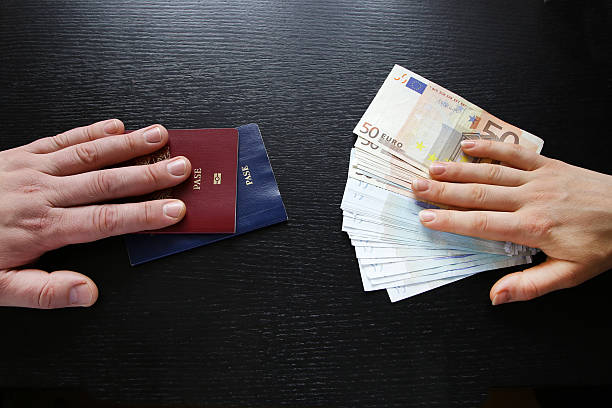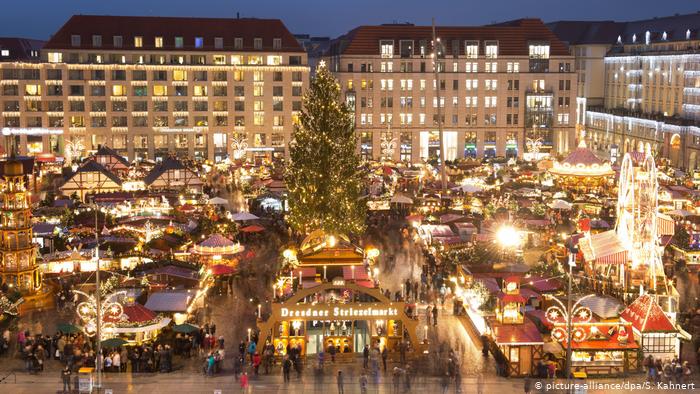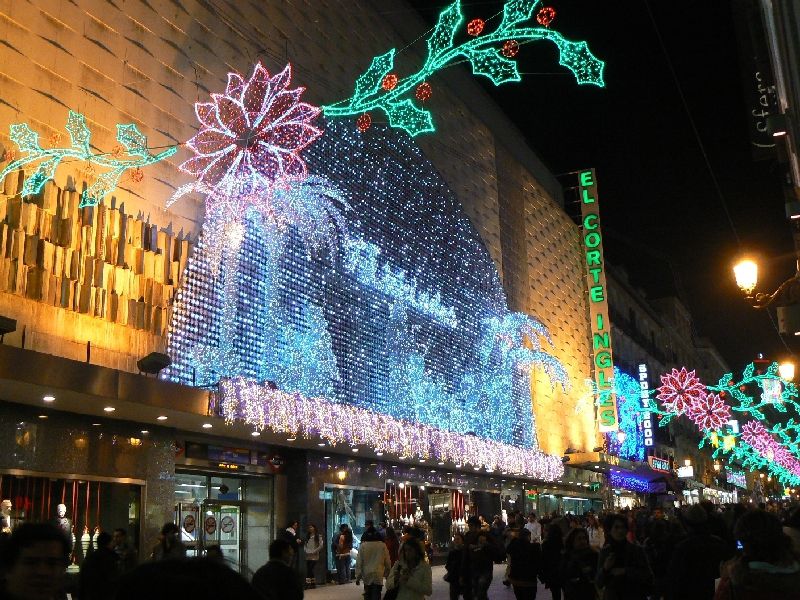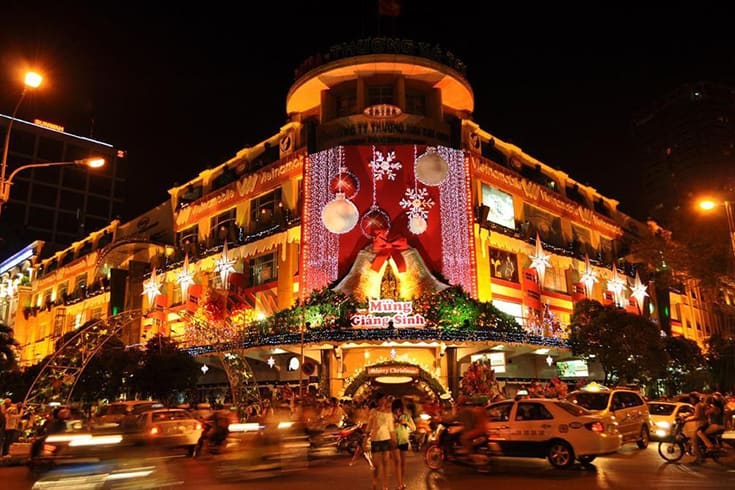As you may have guessed by the name, this post will cover the most frequent scams for travelers that occur in Southeast Asia. Southeast Asia is filled with stunning destinations that draw hundreds of tourists each year. It is generally secure, but as with any other tourist-friendly region around the globe there are plenty of fraudsters who earn money by swindling tourists or swindling them, and you must be aware of the potential for what could occur to you. Many of the locals in these regions are genuine and friendly with visitors, but truthfully you will encounter plenty of scammers who consider you to be an unintentional $100 bill. The majority the scams that are uncovered by these people won’t be hazardous, but certain of them could make your trip miserable and you need to be aware of the dangers. Here’s a list that outlines the most popular travel scams that occur that are prevalent in Southeast Asia that most tourists get caught in!
If you’re thinking of planning to go on a Southeast Asia trip shortly, I suggest you read the following article.
- The ping-pong game
If you choose to visit Bangkok’s red-light areas there will be many people displaying their amazing deals for the evening. They’ll try to lure you into their ping-pong shows. If you appear to be thinking about it, they’ll tell you that you don’t have to pay a fee for entry and it’s enough to pay for drinks and then enjoy the show. If you choose to accept advantage of one of these tempting opportunities most likely, you’ll end up dissatisfied and will see unpleasant things inside.
You’ve been through with it and request the bill, only to discover that the 60-baht ($2) bill was changed to 22,000 dollars ($60). If you attempt to explain what you had agreed to with the promoter (who isn’t identified) they’ll say you have to pay for the privilege of watching the show.
Solutions: Just don’t accept these advertisements! If you’re looking to watch an ping-pong game, go to a place which have a good reputation for this. It will cost you an equivalent amount however, you’ll be able to enjoy it.
- Adorable kids
I know that children in Southeast Asia look adorable and innocent. But some are taught to steal from the very earliest years. In the bar located in Phnom Penh, five kids were dancing around us. I witnessed one of them take the money of $10 from a friend’s wallet. The girl didn’t even feel any emotion! It’s also a scam with milk in which a child who is on the street doesn’t ask in exchange for cash, but instead milk and food items. You are sad for them, and you go to the market and purchase food items for them, but then you see the kid returning the items you purchased at the market, and then sharing the proceeds.
How to prevent this: I know they look cute and safe, but be aware of children.
- Scams committed by bus travelers
There are two main forms of this scam, which are most prevalent within Thailand as well as Cambodia. If you cross the border that separates Thailand and Cambodia the driver of the bus might be driving slowly until the border is shut or ferry boats are not operating (if you’re crossing via boat). This means that we need to stop the bus and wait until the border is opened. It’s surely an accident to find that one of his buddies owns a guesthouse right next to that border crossing.
Another scam involves VIP tickets. The ticket sellers at every bus stations try to sell VIP ticket for foreign buyers. This is fine. However, almost always, the VIP bus breaks and you’re stuck on the regular bus, without receiving a refund of the difference in price.
How can you stay clear of this fraud? There’s not much to be done about the initial one, I think. In the case of the second I have always resisted the offer to purchase VIP bus tickets, and I always took the regular bus. In the majority of cases the buses were adequate.
Related to: What I’d like to have had known prior to visiting Thailand.
- The scooter is a thief
This is a fairly regular occurrence in cities like Hanoi or Ho Chi Minh City. I’ve seen people get their phones stolen in this manner in numerous instances. The thieves ride by on a bicycle while you’re on the phone, then take your phone. They’re clearly more efficient than you are and you don’t have any control to stop it. It’s no surprise that getting the culprit out of these urban jungles is next to impossible.
Answer: I know you may have seen this message a million times before, but it’s important to take note of the things you have. Keep your bag in a secure place and don’t talk on your cell phone while strolling along the main roads.
- The scam of the drug dealer
It is a very well-known and risky scam that could cause you to be in a amount of trouble. An unintentional stranger comes up to you on the street, and he promises you a drug. You imagine you can use marijuana to unwind after a tiring day, so you decide to purchase. A few minutes later you’re stopped by a police officer who demands your proof of identity and then searches your pockets. When he locates the item and you’re offered the opportunity to bribe him, or suffer the legal ramifications. It’s an enormous juicy bribe here which could be up to $500 USD.
Quick solution: Just ignore the attraction and do not trust anyone. Drugs can be a great way to go off-course, but you shouldn’t do it in public, especially not with a person who you have just met on the streets.
- The fraud involving money exchange
Money exchange fraud is common in countries where the value of their currency has plunged, such as Vietnam or Indonesia. You visit the exchange point and wish to exchange a few hundred USD into a some million dollars in local currency. The cashier and you take note of the amount, then you cash it in and head towards your hotel. After a few hours you realize that you are left with 600,000. one million.
How to prevent the problem: if you can’t follow the speed of the teller’s hands Always count the cash twice following receipt.
- The restaurant with the lowest price; The cheap restaurant;
This is when you meet a nice person at one of your tourist spots. He’s extremely pleasant and after talking for several minutes, he suggests to guide you to a nice and inexpensive place to taste local cuisine. You agree however you aren’t aware that the guy is a friend of the owner of the restaurant and is conducting a scam. After a short time, you’re depressed, drugged(it was in the food) and completely cash-strapped. Similar, but not as dramatic, happened to me in Hanoi.
Answer: Even though this type of scam isn’t seen frequently, and some individuals may be nice however, it’s best to turn down all invitations from friendly locals.
- Information offices for tourists
The term “tourist information” doesn’t have any worth to anyone in Southeast Asia. In reality, lots of fraudsters use this label. This is evident through the astronomical prices they charge. If they inform you that a location you’d like to visit is not open or has similar conditions this means that it’s not part of their tour. It is likely that you will be at one of the offices based on the advice by a driver, who is intermediary.
Solutions: Don’t take the advice of drivers and conduct your own research before visiting a site. This way, you’ll be aware of the value of a visit to the place is worth, and thus know whether you’re being scammed or not.
These frauds are among the primary reasons to purchase insurance for your vacation. When choosing the right travel insurance company it is essential to be too cautious. You want a dependable provider with excellent support service for customers, a flexible policy and the ability to receive cash for your claim as quickly as possible. My experience has shown that the most affordable deals in the market are offered through the World Nomads.
- The monument that is now closed
You’re heading to go to any of those sites that you have in your bucket list. A driver of a tuk-tuk asks you where you are going. If you decide to ignore him, he’ll inform them that there is no monument. Also, you’re not appropriately dressed for going there in shorts or the skirt.
If you decide to take the bait, the guy will tell you that he has the best place to go. Instead, he’ll whisk you to several costly places, including the tailor shop of a friend as well as his restaurant. the acquaintance’s souvenir store. The places mentioned above are extremely costly and he’ll be earning a percentage on everything you buy.
Solution If you are unable to observe for yourself that the monument is not open Don’t trust the driver of a tuk-tuk. If a tuk-tuk driver promises to take you to someplace at a cost of 20 baht, leave. He’ll take you to his favorite shops and then spend your time.
- The tour guide swindled
While visiting the top tourist destinations within Southeast Asia, like the Grand Palace of Bangkok or Angkor Wat in Siem Reap You will encounter people who introduce themselves as guides. They will not charge a lot but about half the information they give you is at the very least unreliable.
Solutions: Just walk away and avoid letting them trap you into one of their traps. The authentic guides don’t focus on individuals, and typically you’ll find them in large groups.
- The massage that is special
The victim of this scam is typically males of a western appearance or with white hair who are stumbling through town alone. It begins with a young lady who approaches you in the street, offering an “special massage” at a price that is incredibly low. You accept and when you get to the “saloon”, you’re met by three large men who will drive you to the ATM and steal all your cash… and other things! It could be more threatening: there’s an untrustworthy cop who threatens that you will be arrested. The only option is to pay the bribe or be detained.
Answer: You need to be a bit sexy for this kind of thing. It’s difficult, but you should just be honest and say no, then move on. There are many other safe options where you could do that. The cost will be slightly higher, but you’ll save the remainder of your cash.
- The border scam at the border
I spotted this sign on the borders between Thailand as well as Cambodia. I went to the immigration office, and the man there wouldn’t take my $30 cash and was even requesting $40. Did I not mention that there was clearly written note on the wall to his left, stating the cost of $30 USD to get the visa upon the day of arrival?
Answer: They are just waiting for you to give up. Be firm Be patient, and don’t allow yourself to pay more than the fee of $30.
- The tea celebration
This happens when an entire group of girls come up to you while walking along the sidewalk. They request you to take photos of them or to use an other ice-breaker that isn’t too obvious. After a few chit-chats and chatting, they invite you to tea-themed event that they as well as their college friends.
You visit the store and try several different teas before they begin to insist you buy one. The problem is that a bag is priced at approximately $120 USD. These types of scams were most commonly utilized in China however, they now are seen also in Thailand as well. Vietnam too.
Solutions: Just politely refuse all invitations to tea (or any other type of) event. Finally, another solution for all of these scams is getting off-the-beaten-track. It’s more likely that you will encounter scammers when you’re in a location which doesn’t attract a lot of tourists.










